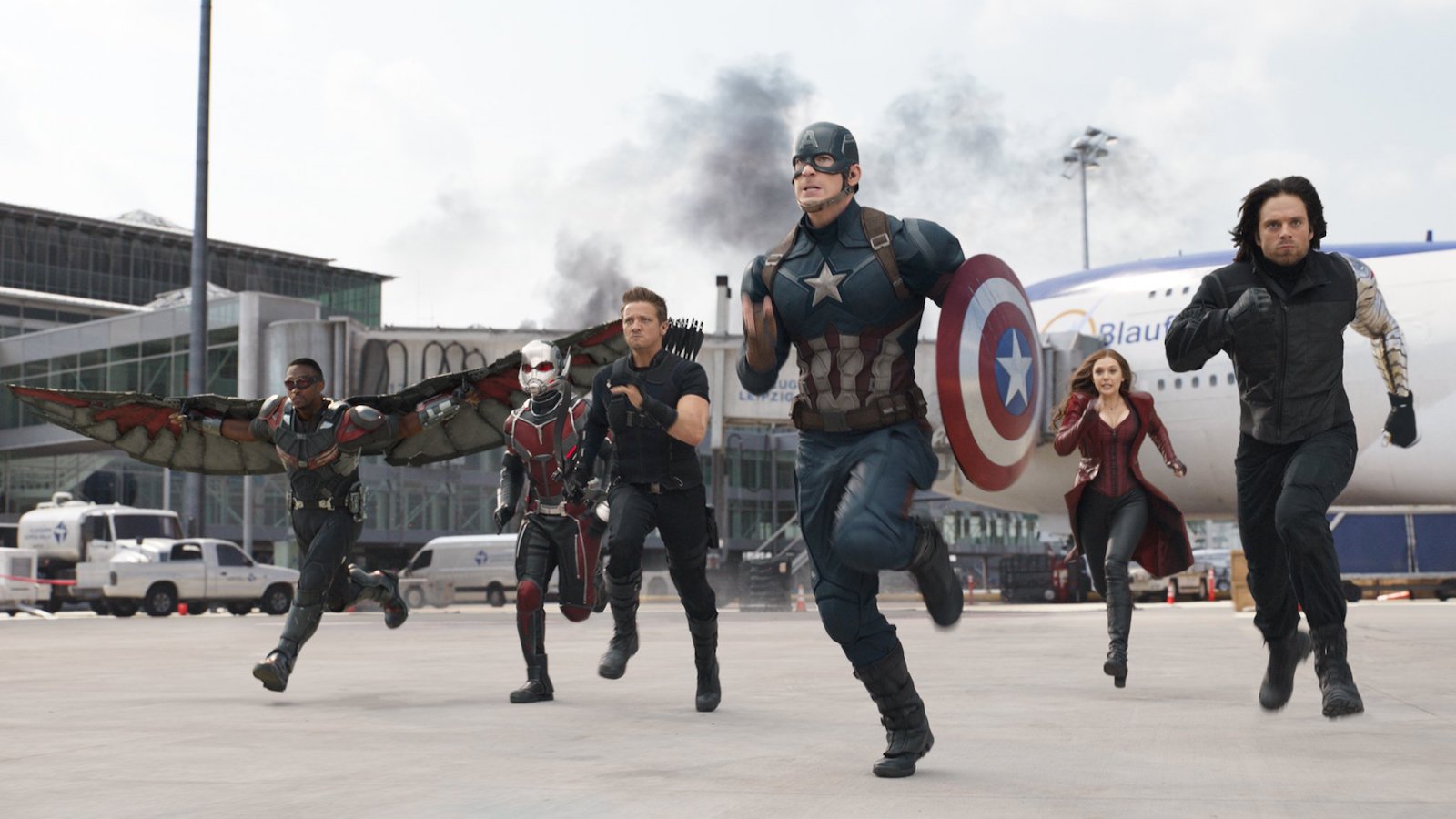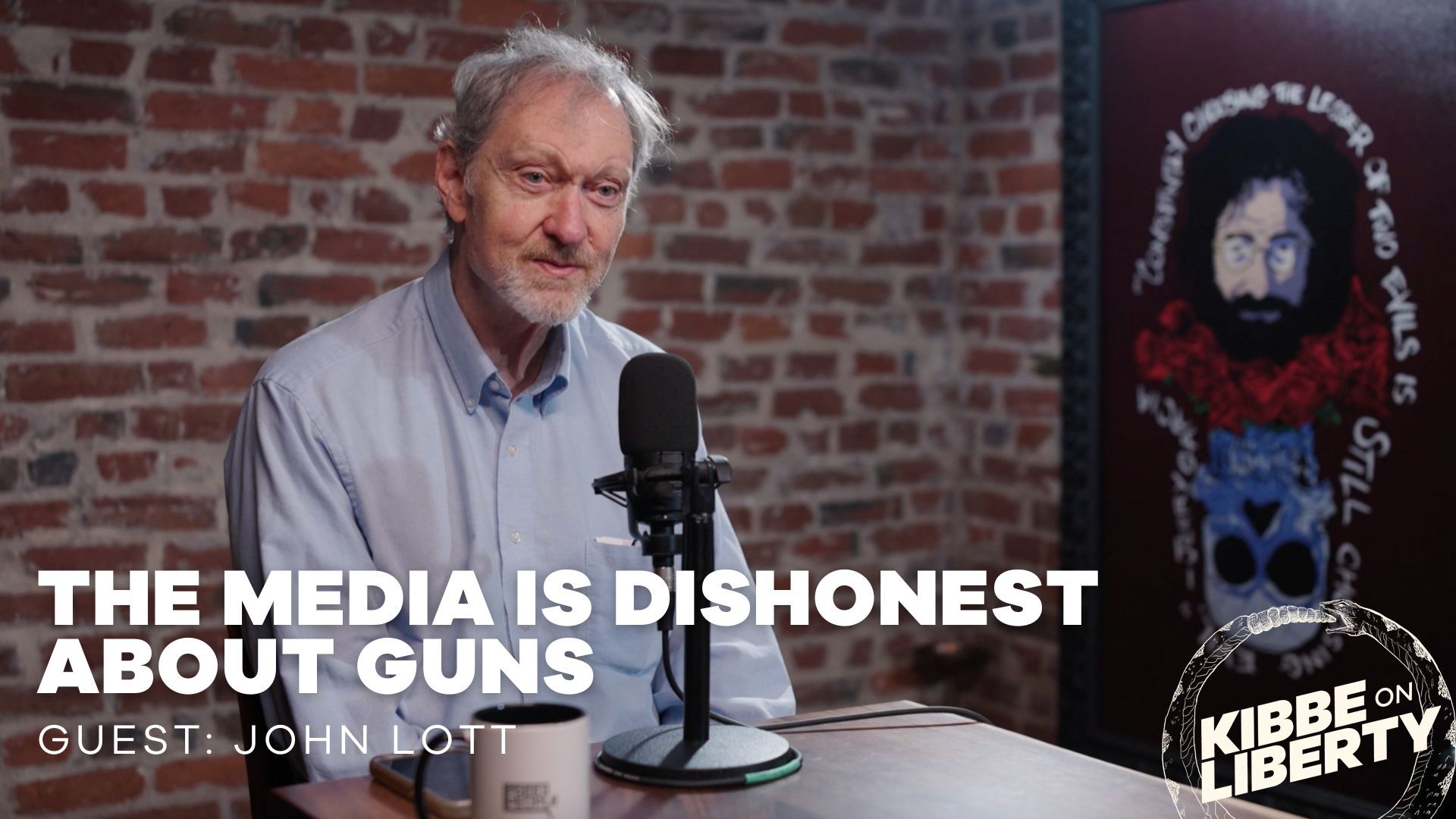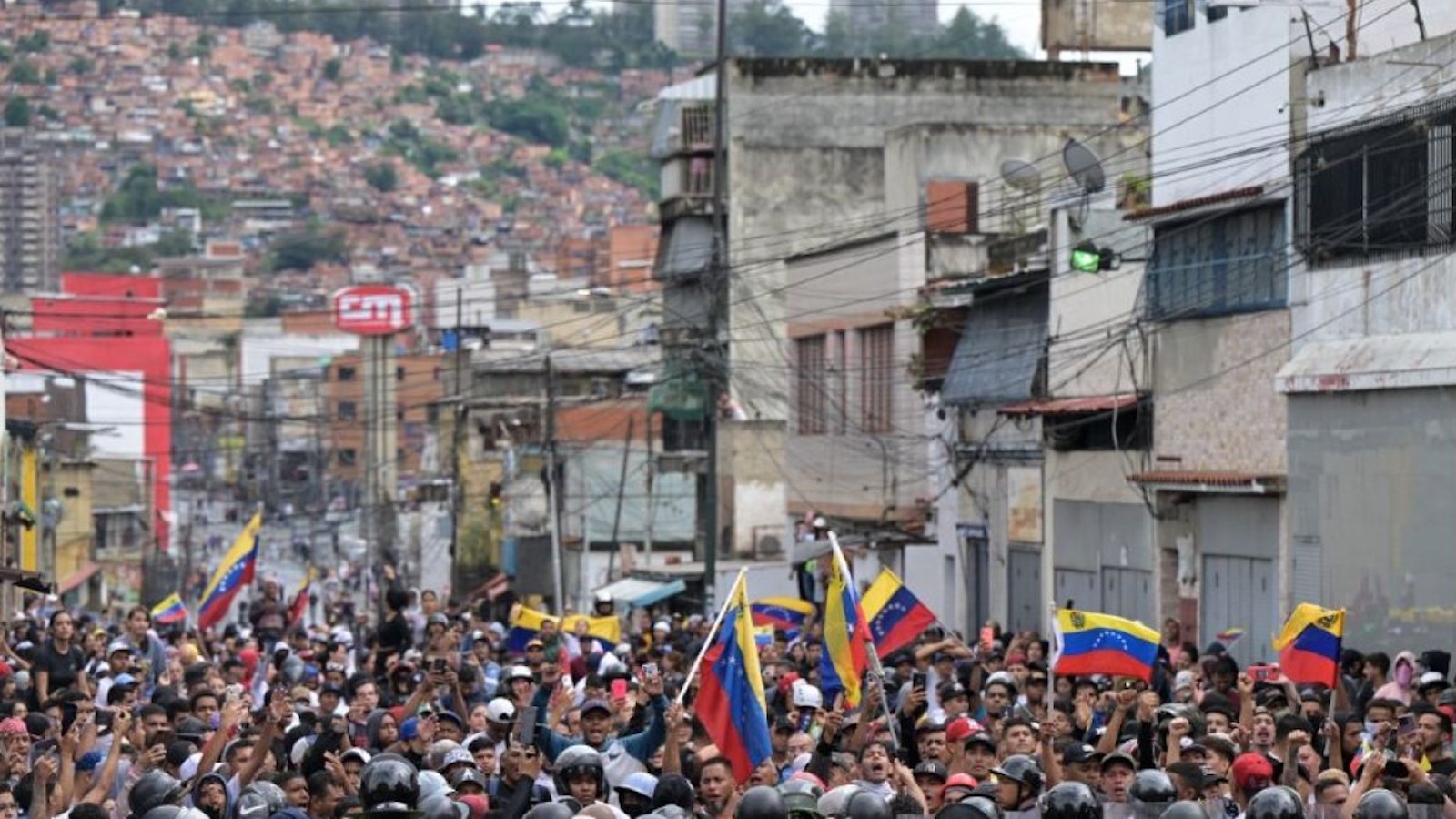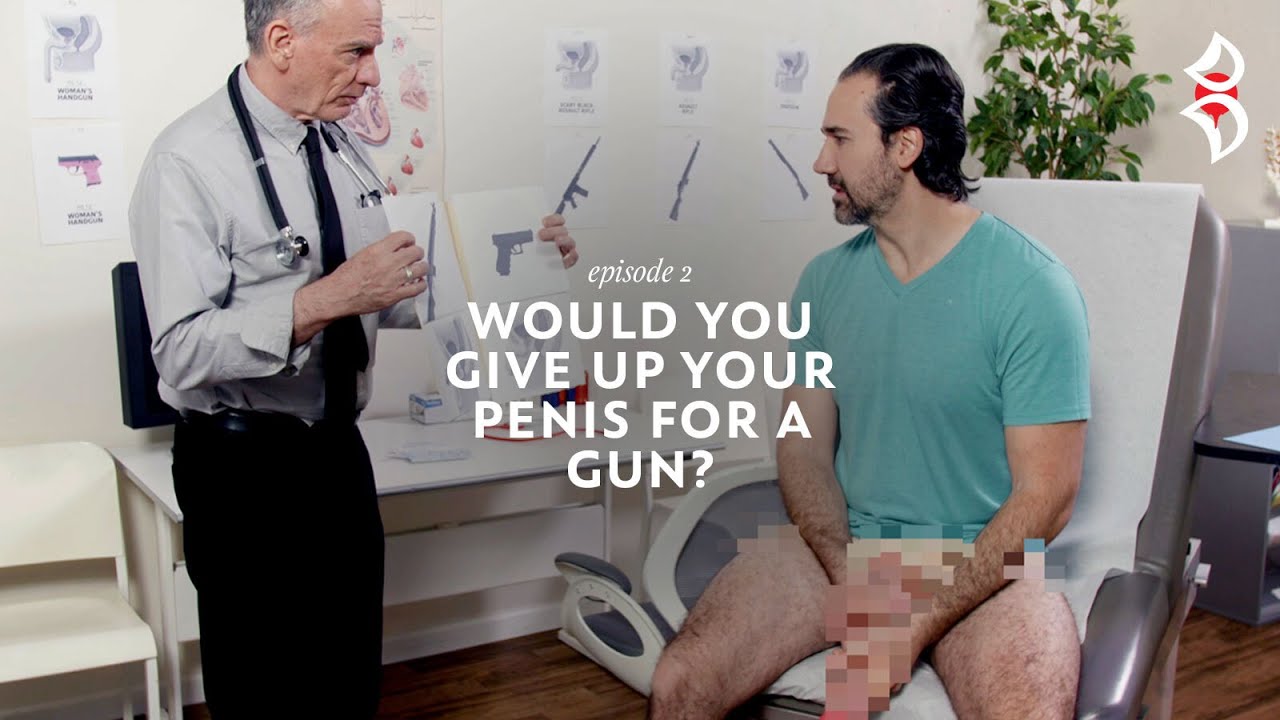
A New Look at Captain America: Civil War and The Second Amendment
Nearly two years ago, the critically acclaimed Marvel blockbuster crossover film Captain America: Civil War gave us the biggest testosterone-filled and action-packed spectacle of 2016. While a great many people saw it as an exciting amalgamation of all their favorite fictional superheroes punching and shooting each other for two and a half hours, few critical viewers saw the movie’s in-universe story as a metaphor for the right to defend ourselves and the dangers of tightly restricting these rights. This idea comes from the very conflict of the movie itself: the contention regarding the right to their own powers.
To understand this idea, we need to take a look at the story within the film. In a nutshell, after a series of devastating catastrophes involving “Earth’s Mightiest Heroes” including those from the past movies, the Avengers find themselves pressured by the United Nations and the governments of 117 countries to sign the Sokovia Accords, a new international law that forces them to surrender their rights to use their own powers and to only use them when a governing body tells them to. The succeeding plot boils down to the conflict that arises from the Avengers separating due to differing decisions whether to sign the Sokovia Accords or not.
Sound familiar? Captain America: Civil War’s story is a commentary on the dangers of restricting the second amendment.
The scene that best encapsulates this idea comes in the relatively earlier part of the movie when the Avengers are debating whether or not to sign the Sokovia Accords. From the words of a true American, Steve Rogers, a.k.a Captain America, “If we sign [the Sokovia Accords], we surrender our right to choose. What if this [UN] panel sends us somewhere we don’t think we should go? What if there’s somewhere we need to go and they don’t let us? We may not be perfect, but the safest hands are still our own.”
Captain America’s words precisely encapsulate the importance of the inherent freedom we have to do the most basic thing that we ought to do ourselves. This is the freedom to protect ourselves and our loved ones. Our very basic right to life should go hand-in-hand with our right to self-preservation. When we know that there is a threat to this right to our own life, we can’t wait for a governing body, like the United Nations in the film, to tell us when, where, and how we should act to preserve our life and the lives of our loved ones. If we have the means to protect ourselves from a situational threat, the time and resources we would need to take action is significantly less compared to waiting for a government response. Not only does this put security in better-suited hands, we also prevent the government from using this right against us.
Captain America: Civil War shows us the importance of preserving and practicing the second amendment not only in terms of firearms. In fact, Captain America himself practices this right without needing a gun (Super-Soldier Serum aside). His shield is a good symbol of this because it’s his main weapon for defense, a clear analogy for defending freedom. It’s not a gun, and throughout all the movies, it was only used to maim or knock out. This emphasizes that the right to bear arms encompasses all forms of self-defense beyond guns. The simple capability to defend ourselves with our own hands, the safest hands, is a fundamentally inalienable right as human beings and as important as being able to wield a firearm. At the end of the day, Steve is a mortal man, but one who understands his freedom, and seeing him and his shield as inseparable paints a perfect picture of what the second amendment is all about. Indeed, like Steve, our own hands should be the safest hands.
For more insight on the importance of the second amendment and gun rights check out these videos:
The 2nd Amendment is about Self Defense, with Nick Freitas
Eric Brakey on Gun Rights
Free the People publishes opinion-based articles from contributing writers. The opinions and ideas expressed do not always reflect the opinions and ideas that Free the People endorses. We believe in free speech, and in providing a platform for open dialogue. Feel free to leave a comment.




Jeff
Excellent commentary. How much of it can I steal for future use?